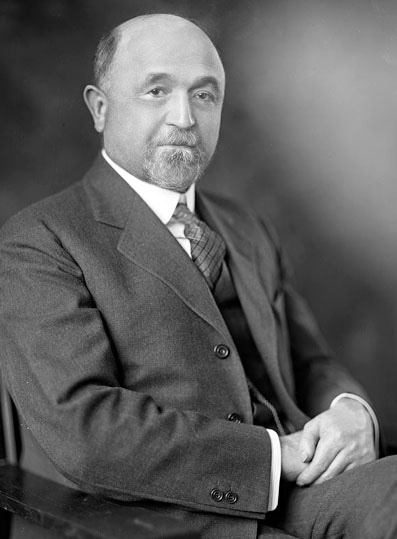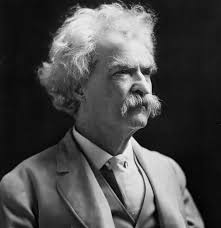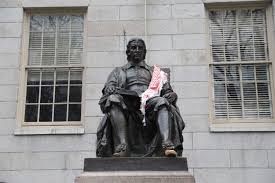The political weather forecasts call for balmy weather for Democrats. According to RealClearPolitics, which aggregates and analyzes a number of polls, President Trump’s approval ratings crossed into negative territory in March 2025 and have been trending steadily more negative ever since. They now stand at 55.5% negative to 42.0% positive.
Democrats are optimistic about the upcoming midterm congressional elections. They need a net gain of only three seats to take control of the House of Representatives, and they expect to easily surpass that number. Democratic Congressional Campaign Committee Chair Suzan DelBene (D-Wash.) claims that 44 Republican-held seats are in play. James Carville predicts that Republicans will suffer a “wipeout,” with Democrats picking up somewhere between 25 to 45 House seats, and taking control of the Senate.
History supports Democratic optimism. The party in the White House usually fares poorly in midterm elections, losing congressional seats 20 of the last 22 times. The losses are particularly bad in the midterm elections of the President’s second term, a phenomenon known as “the sixth year itch.” Trump is in his second term.
So Democrats should be completely cheerful, right? Not quite. In fact, despite the sunny near-term prospects, there are storm clouds just beyond the horizon.
Continue reading











